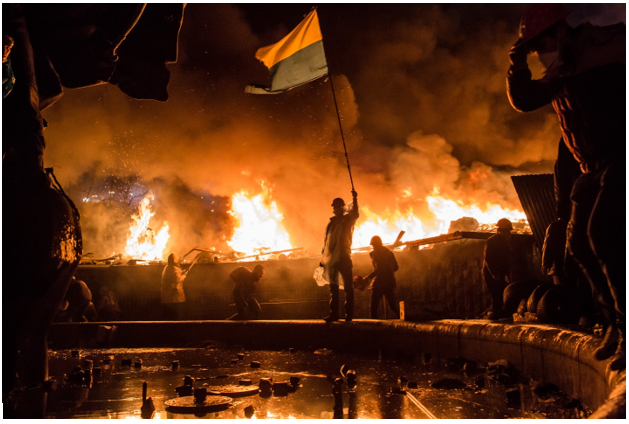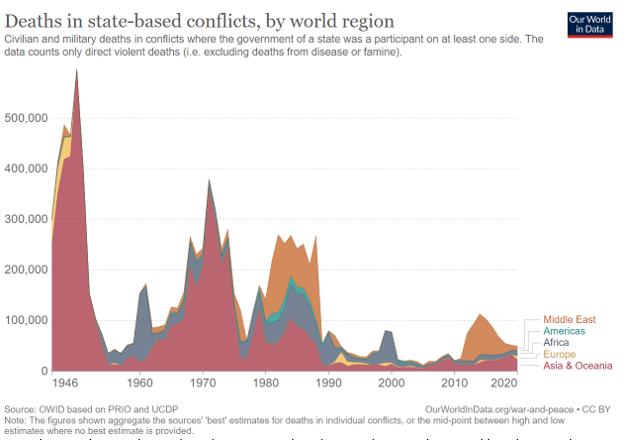 In “Lord of the Rings,” J.R.R. Tolkien’s hobbits were a race of people who lived in an idyllic pastoral shire that in reality was protected by rangers who killed orcs, primary foot soldiers of the Dark Lord’s armies, in the woods.
In “Lord of the Rings,” J.R.R. Tolkien’s hobbits were a race of people who lived in an idyllic pastoral shire that in reality was protected by rangers who killed orcs, primary foot soldiers of the Dark Lord’s armies, in the woods.
Recently, the shires of western Europe appear to have been shocked into donning their mithril chain and taking up their uncle’s sword. It’s a great example of just how fast policies can change with a true sense of urgency.
German Foreign Minister Annalena Baerbock, reflecting upon the Feb. 24 Russian invasion of Ukraine, said, “We woke up in a different world today.” To its credit, the German government promptly made dramatic policy changes, including increased defense spending, suspension of a natural gas pipeline from Russia, fast-tracking of ship-based natural gas import facilities, and possibly a prolongation of both coal and nuclear power plants.
For decades, bipartisan American presidents have lobbied Germany to meet its NATO defense spending obligation (2% of GDP). Presidents of both parties also have encouraged Germans to diversify their energy sources (German imports a large volume of oil, natural gas and coal from Russia).
Germany joined its allies in pursuing economic sanctions and announced it would send weapons to help the Ukraine defend itself.
The Germans are not alone in making big changes. Neutral countries such as Sweden and Finland have begun to consider joining NATO, prompting the Kremlin to issue a veiled threat to use nuclear weapons against the Fins. Switzerland (!) announced it was participating in sanctions and sending weapons to the Ukrainians.
So why bring this up in an education blog? Two reasons.
Sadly, because the post-World War II American-led tense global nuclear stand-off with the Soviet Union is likely to appear like a period of relative calm decades from now. This sort of thing is horrifyingly common across the scope of history. We may look back and conclude that this period was the beginning of the end of the “end of history.”
The recent relative calm may have ended.

Secondly, Europe’s many better-late-than-never policy changes show just how quickly policy can change with focused attention. Would that we demonstrated the same urgency in addressing stunning American illiteracy rates that Western Europe is showing regarding Ukraine.


